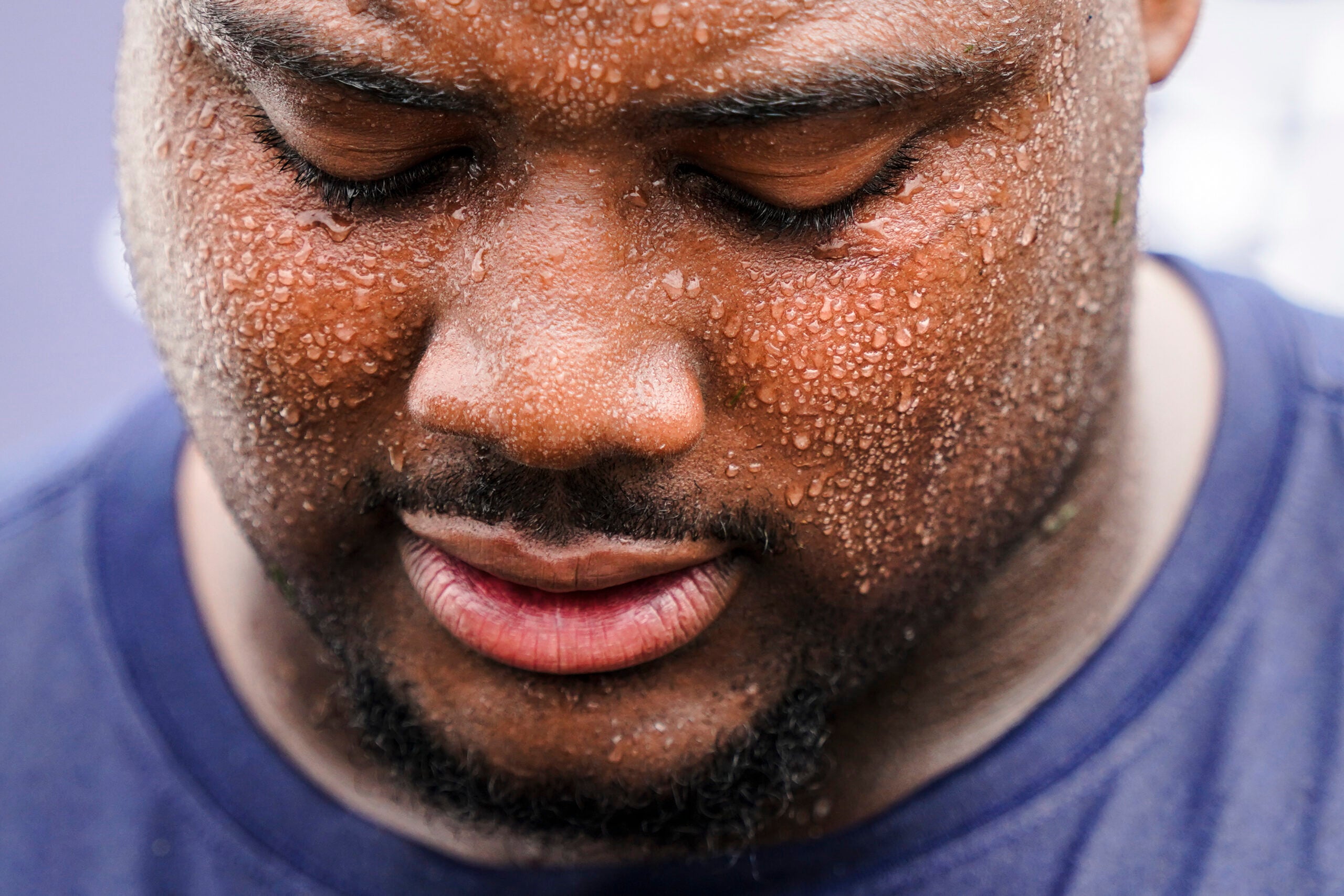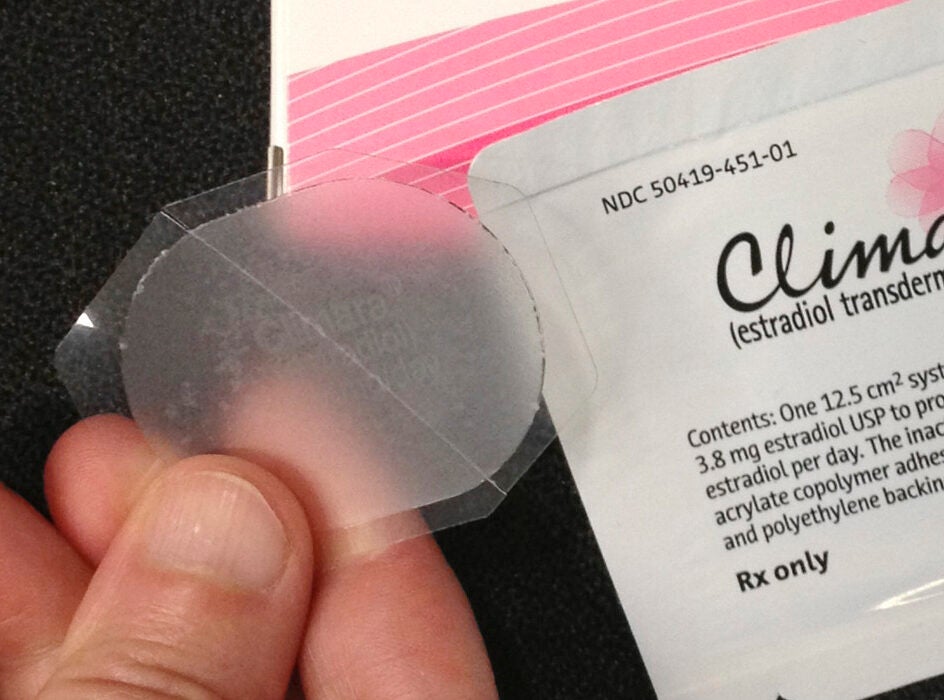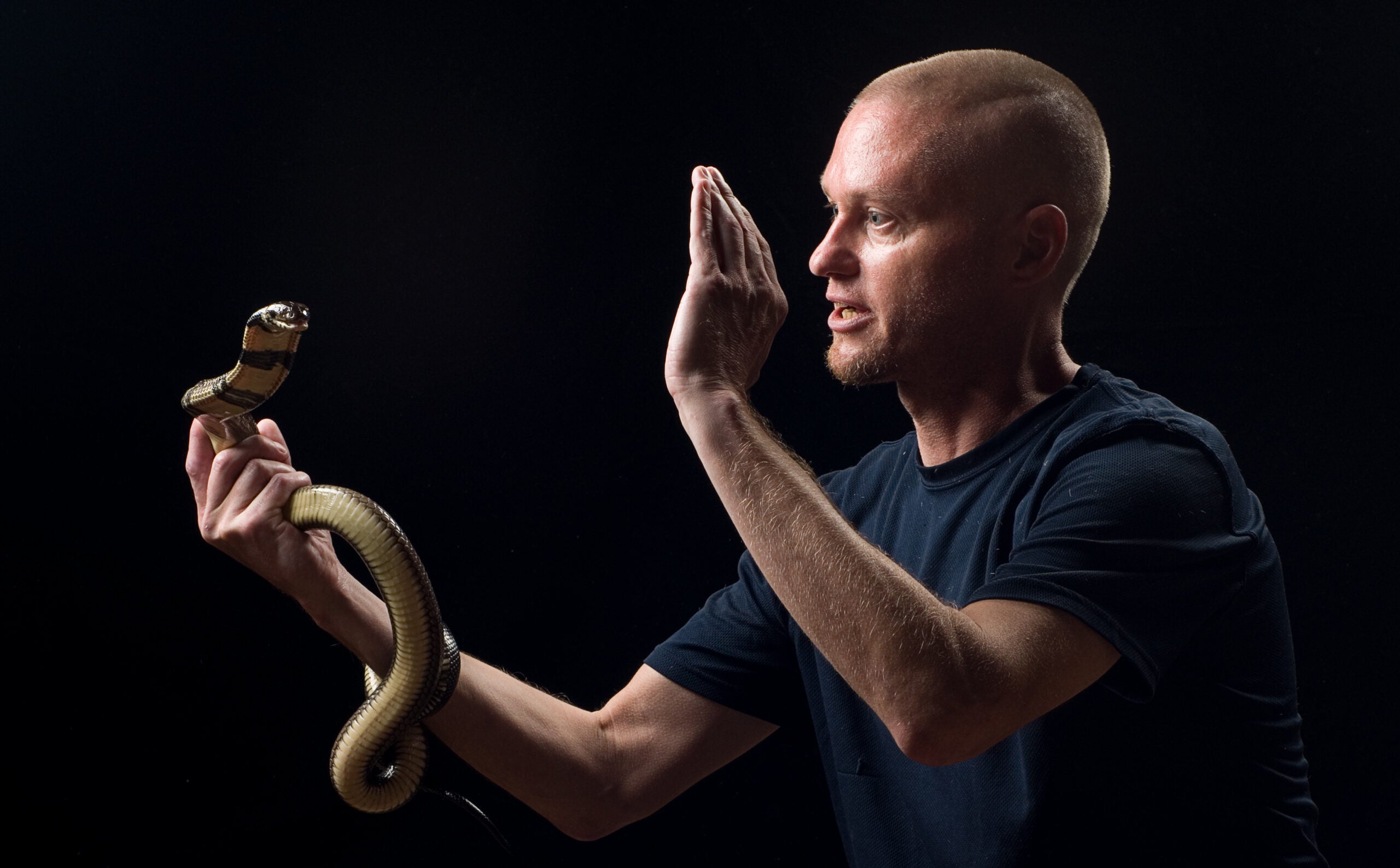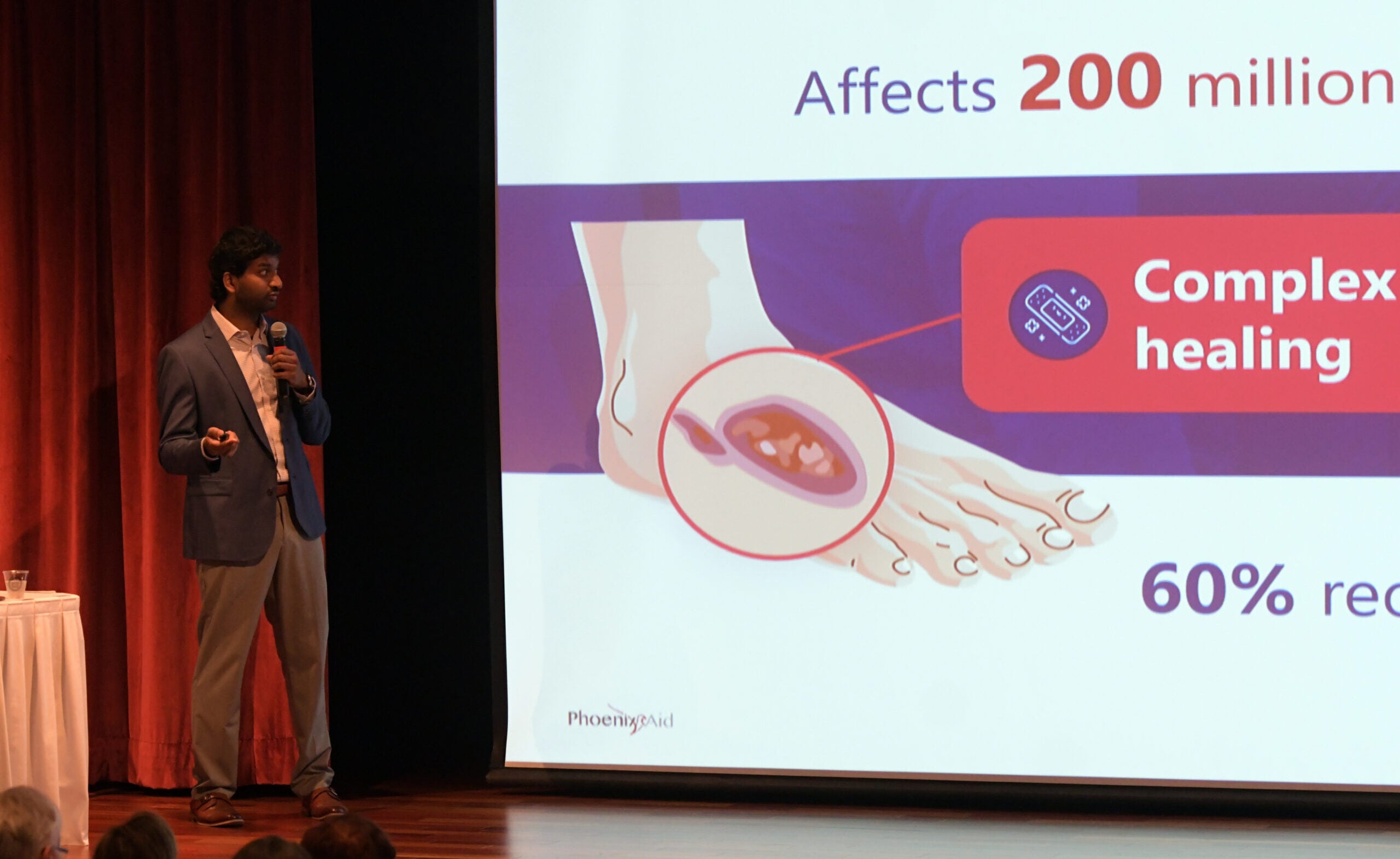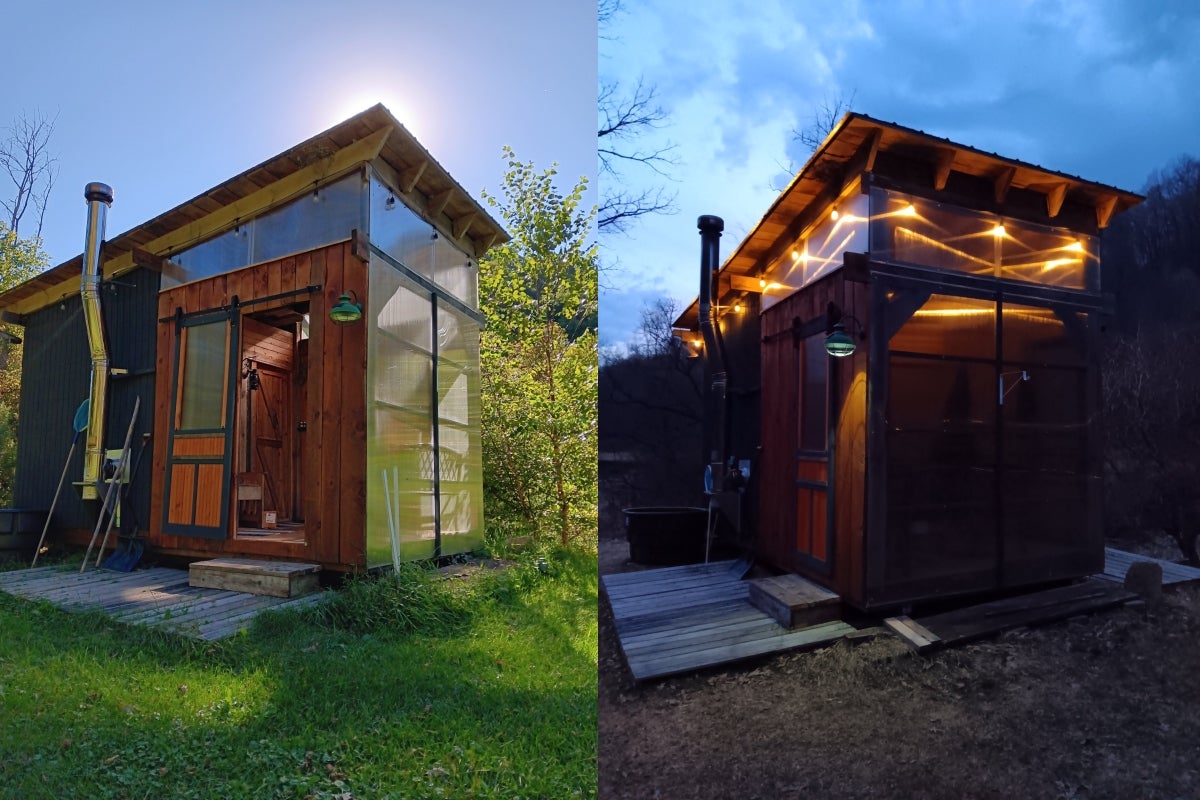Some of us do it a lot and others not so much. Some only do it on one leg or arm and many can’t do it without starting to smell. It’s most noticeable when we’re hot, but we still do it all day long.
What is it? Well, sweating, of course — the evolutionary hack that keeps humans alive and arguably is a “superpower” deserving of our gratitude, says Sarah Everts, author of the new book, “The Joy of Sweat: The Strange Science of Perspiration.“
Intrigued by sweat as something somewhat unique to humans, Everts — a science journalist who has a master’s degree in chemistry and teaches journalism at Carleton University — said she herself is “a big sweater” and has been mortified by her own water-shedding.
News with a little more humanity
WPR’s “Wisconsin Today” newsletter keeps you connected to the state you love without feeling overwhelmed. No paywall. No agenda. No corporate filter.
“I thought, I need to dig into the science of sweat to find a little bit more serenity rather than shame in all the sweating that I certainly do,” she said.
It turns out, sweating works well for humans because we’re, well, naked. All that surface area is prime real estate for our bodies to efficiently cool us down. Dogs pant because their most naked surface is their tongue. Other animals will urinate, vomit or defecate to cool themselves down.
Like humans, horses and cows sweat to cool down, too. But they don’t do it as much as we do, Everts explained.
“We have millions of sweat glands just devoted to that,” she said. “And it’s a lot better of a body fluid to evaporate water away than some of the other options we could have faced.”
Sweating to cool down works much like a hot pan that evaporates water. Our skin’s hot surface evaporates our sweat.
“The way that sweat cools us down is (that) hot blood from our interior swooshes up to our skin,” she said. “That body heat is pushing that water into the atmosphere and whisking the heat away, and then the cooler blood swishes back into your body.”
Sweat is composed of a lot of water, but that’s not all. We sweat out salt, hormones, vitamins — pretty much whatever’s in our blood save for “the big stuff” like red blood cells, platelets and immune cells.
One thing we don’t sweat out? Toxins, Everts said. It’s the kidneys’ job to filter out the toxins and get rid of it through urine.
“Because sweat is sourced from the watery parts of blood, if you wanted to get rid of the bad chemicals that are circulating around in your body, you would literally have to sweat out all the water in your blood,” she said. “That would leave you utterly dehydrated and kind of dead.”
That’s not an invitation to give up on saunas, though, Everts said. Sweating in a sauna is beneficial for heart health because it exercises the heart muscle. The heart is cued by the hot environment to start pumping more blood to cool us down.
We have these sweat glands all over our bodies to help cool us down. We certainly notice it when we’re hot, but In fact, we’re sweating all the time.
“Our body is constantly releasing tiny bits of sweat to just make a tweak here and there to our body temperature,” she said.
Our bodies also are home to another type of sweat gland, called apocrine, in our underarm and genital regions that’s similar to earwax and appears during puberty.
“It actually comes out relatively odorless, and it’s actually the bacteria and other microorganisms living in your armpit that eat that particular sweat and metabolize, which is a scientific euphemism for poop — poop out the stinky odors that we associate with B.O.,” she said.
And don’t be alarmed if you only sweat on one leg and not the other, or if only one armpit smells, or if the odor only shows up when you’re nervous. You are certainly not alone, Everts said.
How much you sweat and where is a result of nature and nurture. Humans generally have between 2 million and 5 million sweat glands, and those with more will produce more sweat. The rate of sweat, or how fast it flows out of glands, is a factor, too.
So is where you grow up. Everts said that while humans are born with all their sweat glands, they don’t all become operational until the toddler years.
“In those early years of life, your body is taking note of the environment in which you are in and where you’ve grown up and kind of figuring out, ‘Is this a place I need to be sweaty or not?’” she said.
Interestingly, you can train your sweat rate to go up, for example by exercising in a sauna. Whether we like it or not, we can’t train our sweat rate to go down, she said.
“With sweating, it is out of your control, and humans do not like that, especially in this era of curated personalities and curated images,” she said. “I came to the conclusion, sweating is my body trying to cool down, trying to keep me alive. And quite frankly, I appreciate it.”
Wisconsin Public Radio, © Copyright 2025, Board of Regents of the University of Wisconsin System and Wisconsin Educational Communications Board.

